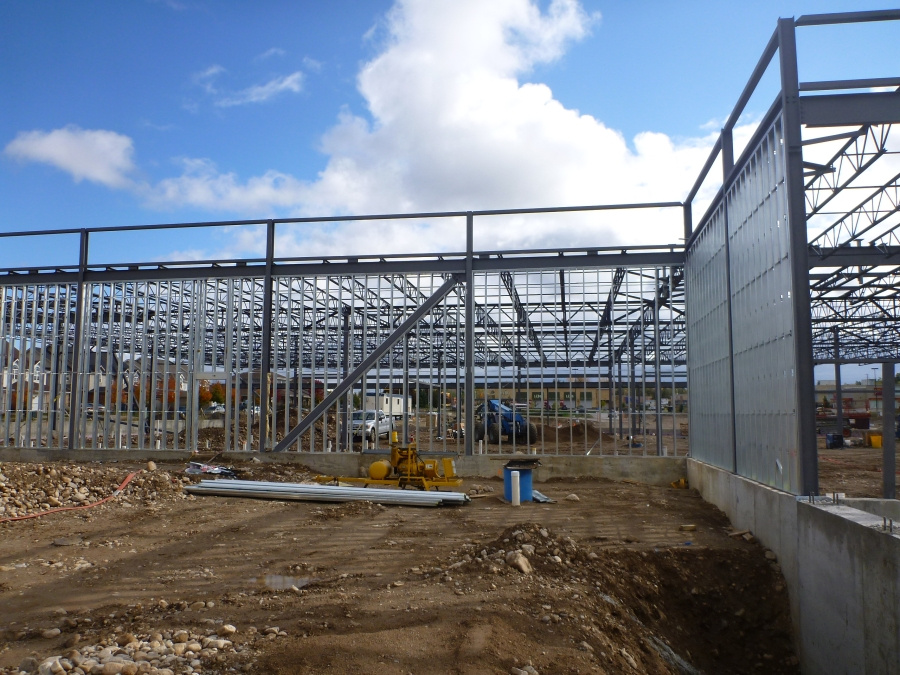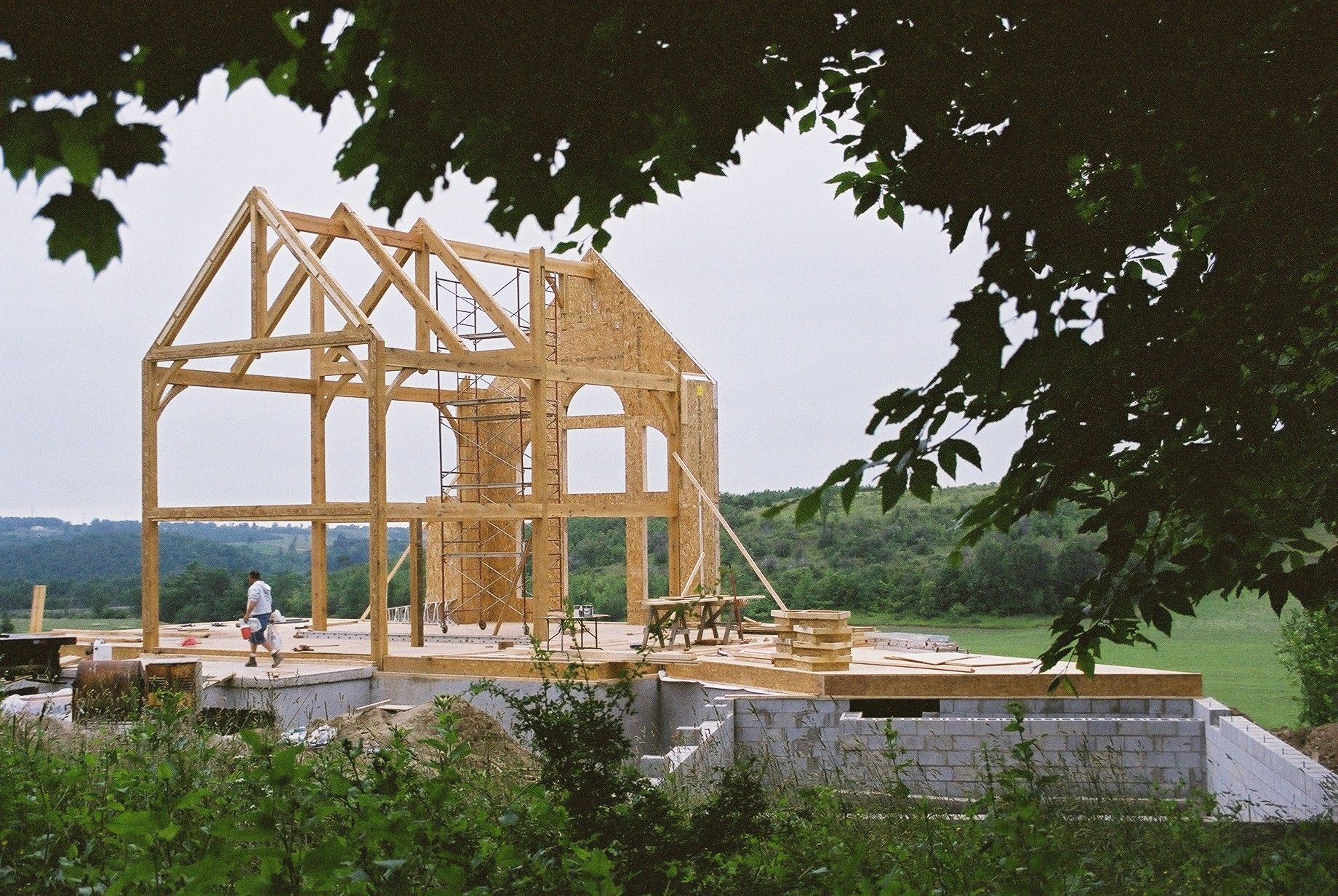CONSTRUCTION ADJUDICATION
ROBERT BALES
P.ENG., LL.B.
CONSTRUCTION ADJUDICATOR

PRESENTATIONS & INFORMATION SESSIONS

Robert Bales and others from the ADR Institute of Canada offer information sessions on Construction Adjudication to organizations across Canada.
PURPOSE & NAVIGATION

Adjudicate.ca provides Owners, Contractors, Consultants, Government Authorities, and prospective adjudicators with adjudicator services and information on the construction adjudication process. Links will be added under each heading to detailed checklists and procedural outlines, and to Statutes and Regulations when enacted.
LEGISLATION AND SOURCES

LEGISLATION - ONTARIO:
 R.S.O. 1990, c.30: ONTARIO CONSTRUCTION ACT
R.S.O. 1990, c.30: ONTARIO CONSTRUCTION ACT
 Excerpt from Act: PART II.1 CONSTRUCTION DISPUTE INTERIM ADJUDICATION
Excerpt from Act: PART II.1 CONSTRUCTION DISPUTE INTERIM ADJUDICATION
 O. Reg. 306/18: ADJUDICATIONS UNDER PART II.1 OF THE ACT
O. Reg. 306/18: ADJUDICATIONS UNDER PART II.1 OF THE ACT
 O. Reg. 302/18: PROCEDURES FOR ACTIONS UNDER PART VIII
O. Reg. 302/18: PROCEDURES FOR ACTIONS UNDER PART VIII
LEGISLATION - CANADA:
 FEDERAL PROMPT PAYMENT FOR CONSTRUCTION WORK ACT, S.C. 2019, c. 29, s. 387
FEDERAL PROMPT PAYMENT FOR CONSTRUCTION WORK ACT, S.C. 2019, c. 29, s. 387
SOURCES:
 ONTARIO DISPUTE ADJUDICATION FOR CONSTRUCTION CONTRACTS (ODACC)
ONTARIO DISPUTE ADJUDICATION FOR CONSTRUCTION CONTRACTS (ODACC)
ARTICLES
 Developing_Business_Case_Construction_Adjudication-ADR-Update_3-2019
Developing_Business_Case_Construction_Adjudication-ADR-Update_3-2019
 Adjudicator Nominating Authority_CLL_36-2
Adjudicator Nominating Authority_CLL_36-2
 Legal Loophole - Ontario Homebuilder, 2015
Legal Loophole - Ontario Homebuilder, 2015
 Arbitration: Get In, Get It Done, Get Out - ADR Update, 2012
Arbitration: Get In, Get It Done, Get Out - ADR Update, 2012

CONSTRUCTION ADJUDICATION – ADJUDICATOR SELECTION  selectionselection
selectionselection

The choice of an adjudicator with the best available skills and expertise for the Claim being made is critical to the outcome of the adjudication, and to the satisfaction of the parties with that outcome. Parties are strongly encouraged to review carefully the construction skill and backgrounds of the available adjudicators before stipulating an adjudicator in the Notice of Adjudication or agreeing to his or her selection. Familiarity with circumstances similar to those of the Claim, and experience with the type of contract, bidding and trade practices in the construction sector, contract documents and the many constituent parts of them, site and trade practices and the interplay between owners, contractors, sub-contractors, consultants, regulatory officials, tradesmen and suppliers are essential to a satisfactory and cost-effective outcome. Time is critical in Construction Adjudications.
CONSTRUCTION ADJUDICATION – SCOPE  scopescope
scopescope
Construction Adjudication became effective in Ontario on October 1, 2019, applicable to payment related matters in all construction contracts, with other Provinces and the Federal Government expected to follow soon. Adjudication may be imposed by legislation, included as a term of the contract, or agreed by the parties, provided the contract terms or party agreement is compliant with applicable legislation. The scope of the claim is determined by the legislation, the contract or by agreement of the parties. In Ontario, claims are limited to specific construction matters related to non-payment of the contractor or sub-contractor and other related claims per s.13(5), but with no limitation on the size of the claim or the subject-matter of the construction contract.
CONSTRUCTION ADJUDICATION – PROCEDURE  PROCEDUREPROCEDURE
PROCEDUREPROCEDURE

The duration of each step is very short, commencing with issuance of a Notice of Adjudication by the Claimant; selection by the parties of an adjudicator within four days, or appointment of the adjudicator by the Adjudicator Authority within the next seven days if no agreement; delivery by the Claimant of the Notice to the adjudicator so agreed or appointed, and of the Contract and any documents intended to be relied on, to the adjudicator and the Respondent; direction by the adjudicator as to the procedure for the adjudication, including the time for delivery by the Respondent of its Response; issuance by the adjudicator of directions, taking of initiative to determine the relevant facts and law, and other steps as may be determined by the adjudicator in the circumstances, all to be conducted in an impartial manner; and, finally, issuance of a Determination within 30 days of the delivery of the Notice of Adjudication to the adjudicator.
CONSTRUCTION ADJUDICATION – OUTCOME  OUTCOMEOUTCOME
OUTCOMEOUTCOME

Any amount found by the adjudicator to be payable in the Determination must be paid within 10 days of the issuance to the parties of the Determination. However, the Determination is an interim outcome: the Determination is binding and enforceable by the Court unless and until a Court or an arbitrator determines otherwise, or the matter is settled by agreement of the parties. In the UK, 95% of adjudications become final with no further proceeding necessary other than enforcement undertaken by a party.



